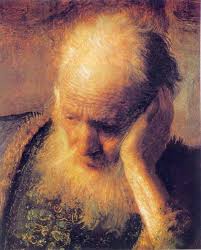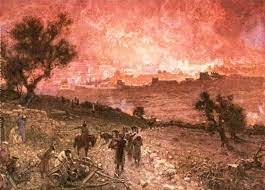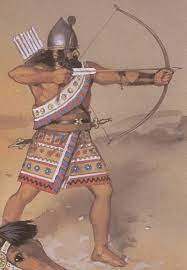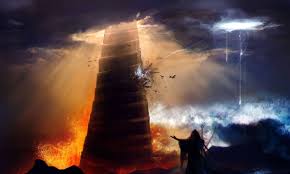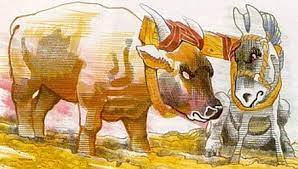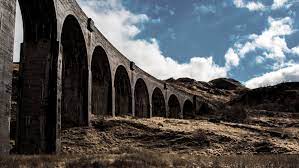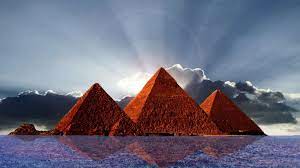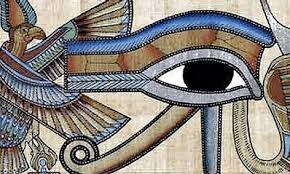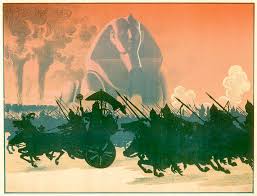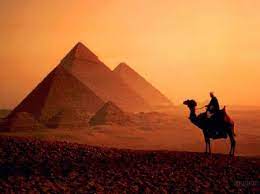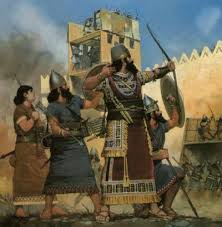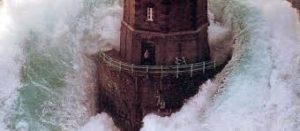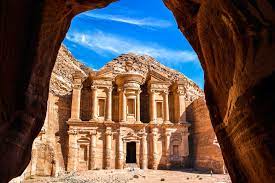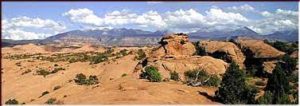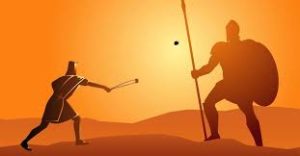En – Shebna: the Unfaithful Steward 22: 15-19
Shebna: the Unfaithful Steward
22: 15-19
Shebna, the unfaithful steward DIG: In light of impending national disaster, what is Shebna the steward, preoccupied with? How will God deal with such egocentric leadership? Do you know someone like Shebna who should be fired? What is the common thread of all bad leadership (see the commentary on Ezra-Nehamiah, to see link click Ch – The Completion of the Walls Despite Opposition)?
REFLECT: What leadership positions in the home, work, church, or community do you have? When, if ever, have you acted like a Shebna in that position? What was missing in your life? Did you recover? How so? What turned things around? If God spoke to you as He spoke to him, how would you react?
This prophecy about Shebna and Eliakim flashes back to the time in which Isaiah is living. He was the prophet of God to King Hezekiah in 701 BC when Sennacherib, the Assyrian king, laid siege to the city of Jerusalem. Just as the nation had blinded itself in the face of death, choosing revelry instead of repentance, so Shebna, a privileged official of the state, betrayed his position by enriching himself at the expense of Judah. He thought he was “a big shot.” When he should have been acting in the interests of his people, formulating far-reaching policies that included God’s word, he instead only thought of the immediate future and how it affected him. As a result, with scathing words, God tosses him aside like a filthy rag and gave his position to Eliakim. Both Shebna and Eliakim are mentioned in Chapters 36 and 37 of Isaiah. One was faithful while the other was not.
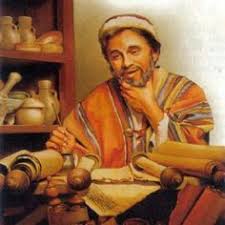
Isaiah is given a commission to prophesy against Shebna. This is what Adonai, ELOHIM of heaven’s angelic armies (CJB), says: Go, say to this steward, to Shebna, who is in charge of the palace (22:15). This is the only prophecy of Isaiah against an individual. Why? Shebna encouraged self-security and the forgetting of God. Shebna’s position, as the one over the house, was quite unique. It was the highest possible position in the kingdom, below the king himself. You could say he was the king’s “right hand man,” and as such, he had much influence on the king and his policies. And by that office, he encouraged self-reliance, the lack of preparation of the city, and a forgetting of God. He was too busy building a memorial for himself.
What are you doing here and who gave you permission to cut out a grave for yourself here (22:16a)? In fact, he was far more concerned with his own future because he built himself a lofty resting place, or grave. Notice the repetition of the word here, indicating Isaiah’s belief that Shebna should be buried elsewhere. It is likely that the tomb was being built on the hillside across the Kidron Valley east of Jerusalem, where the village of Silwan is now located. These resting places were commonly hewn out of solid rock, mostly above ground and frequently on the sides of mountains. Many of these ancient sepulchers are still seen today. When he died, he thought that he would be well remembered because of the kind of grave in which he hoped to lay.
The Hebrew text actually changes here from second to third person for emphasis. He hews out his grave on the height! He cuts out a dwelling for himself in the rock (22:16b)? These words may have been addressed to a surrounding crowd. It is as if Shebna himself had come out from Jerusalem in a lavishly equipped chariot (22:18) to survey the work on his memorial. He may have felt especially pleased with himself until challenged by Isaiah. This kind of confrontation was typical of the prophets. When they were least wanted, in moments of fear, pride or self-sufficiency, it was then that they appeared (Isaiah 7:3-9; 1 Samuel 13:10-14; 2 Samuel 12:1-12; First Kings 13:1-6, 18:16-18).
Instead of being buried in his lovely memorial, fit for a great man, Shebna will be tossed away like a filthy rag. Beware, the LORD is about to take firm hold of you and hurl you away, O you mighty man (22:17). But Isaiah says that he will never be able to use it. And it is not because he will live forever. He will roll you up tightly like a ball and throw you into a large country, or broad land. Literally, the broad of two hands (Genesis 34:21; Judges 18:10) would seem to imply to Assyria with its broad plains.
There you will die (22:18a). In many different ways the Bible tells us that true honor and glory only come to us as gifts from the LORD. That which we grasp for ourselves, like manna kept overnight (Exodus 16:20), will only decay and end up stinking.
And there your splendid chariots will remain (22:18b). The splendid chariot that Shebna drove out from Jerusalem will one day belong to someone else. So it is with all our possessions. We cannot keep them. If they outlast us, they will belong to others. Why don’t we labor for that which will endure forever (First Corinthians 9:24-27)? Why not live as though we can never die? And if you are a believer in Yeshua Messiah you cannot (Matthew 19:16-30; Luke 12:13-21)! In fact, Isaiah tells us that the pursuit for our own glory will most likely disgrace us. Our example for this is Shebna, who, by his misplaced priorities, actually disgraced his king.
You disgrace your master’s house (22:18c). He would not being buried in Jerusalem with dignity and honor (22:16), but in a foreign country, going into exile and dying in disgrace and ignominy (Jeremiah 22:26). As a result, he would never lie in his lofty resting place that he had built for himself. And the reason? He had misused his position. He was a snapshot of what was wrong with the nation of Judah; it was a growing cancer that would eventually send her into captivity 115 years later.
I will depose you from your office, and you will be ousted from your position (22:19). But Shebna’s demise was to be played out in stages. First, he will be demoted. Only a few years later we see this demotion because Shebna is only a scribe (36:3, 37:2). He is no longer the one over the house. He was laboring for what did not really matter, and as a result, his only real memorial is the one of disgrace found here in Isaiah. We can go down that road too unless we make the kind of total self-renunciation where in the end we care for nothing but the approval of God.73 He is the only One we need to please (see the commentary on The Life of Christ Jx – The Parable of the Bags of Gold). In reality, we only have an audience of One.



